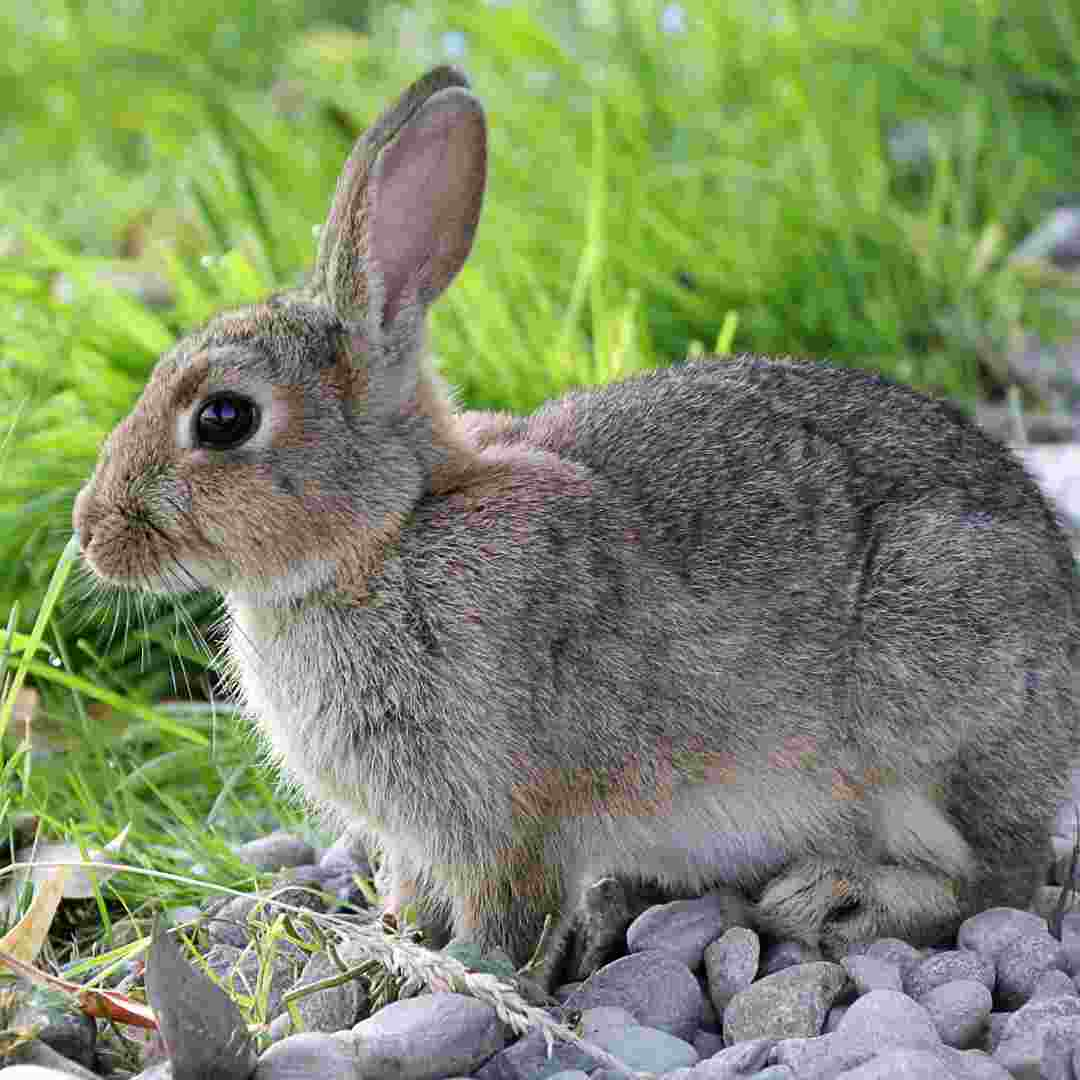Contents Table
Introduction
Why Neutering Rabbits Is Good for Your Pet
Know the Pros and Cons of Neutering Rabbits
How Rabbit Neutering Reduces Aggression and Unwanted Behaviours
What You Need to Know About Rabbit Neutering
How Neutering Rabbits Reduces Cancer and Other Health Risks
Q&A
Conclusion
Introduction
Bunnies are great pets that bring joy to their owners. Like any animals, they need proper care to keep healthy and happy. Neutering your rabbit is part of responsible rabbit ownership. Neutering your rabbit prevents litters, reduces aggressiveness, and improves health. Not overlooking it is essential to responsible rabbit ownership.
Why Neutering Rabbits Is Good for Your Pet
Responsible pet ownership includes rabbit neutering. Rabbit neutering removes their reproductive organs to prevent reproduction. This technique provides many rabbit and owner benefits.
The most obvious benefit of neutering is preventing unwanted litters. Unwanted litters can overcrowd shelters and cost owners money. Neutering reduces the risk of diseases like uterine cancer, which unspayed female rabbits often develop. Neutering male rabbits reduces their aggression, making them easier to manage and less prone to fight.
Neutering also improves rabbit health. Neutering decreases hormones that cause overeating, lowering obesity risk. Neutering reduces the likelihood of painful and difficult-to-treat urinary tract infections.
Lastly, neutering can strengthen your rabbit-human link. Neutering reduces the need to roam, making rabbit housing easier. Neutering reduces the impulse to mark territory, making housecleaning easier.
Finally, rabbit neutering is part of appropriate pet keeping. Neutering prevents undesired litters, reduces disease risk, improves health, and strengthens your rabbit-owner link. Discuss rabbit neutering with your vet before buying one.
Know the Pros and Cons of Neutering Rabbits
Pet owners often neuter rabbits, but it's vital to weigh the pros and cons before doing so. Neutering can lower health risks but also have side effects. Let us explore the benefits and downsides of neutering rabbits so you can make an informed decision.
Pros of Rabbit Neutering
Rabbit neutering has several benefits. Health risk reduction is one of the most important benefits. Neutering reduces the incidence of reproductive malignancies, uterine infections, and ovarian cysts. Neutering can lessen aggression and territoriality, making it easier to keep numerous rabbits together.
Overpopulation can be reduced by neutering. Unneutered rabbits breed quickly, causing overpopulation. Neutering prevents unwanted litters, reducing this issue.
Rabbit Neutering Drawbacks
Neutering rabbits has many benefits but also risks. Neutering may promote hostility or territoriality. Neutering can also induce weight gain or decreased exercise.
Depending on the vet and technique, neutering can be costly. Rabbits may be stressed and have difficulties during the process.
Conclusion
The pros and cons of neutering rabbits should be considered before making a decision. Before neutering, examine the advantages and downsides with your vet. You can make a rabbit-friendly decision with the correct information.
How Rabbit Neutering Reduces Aggression and Unwanted Behaviours
Responsible pet ownership includes rabbit neutering. Neutering rabbits reduces hostility and undesired behaviour, making them better pets.
A buck's reproductive organs are surgically removed during neutering. Also called castration. Bucks can be neutered to prevent aggression, mounting, spraying, and territorial marking. It can also lower testicular cancer risk.
Neutering bucks reduces overpopulation. Unneutered bucks can breed many rabbits, causing overpopulation. Neutering reduces unwanted bunnies.
Neutering a buck reduces some hostility. Territorial unneutered bucks can attack other rabbits, humans, and animals. This hostility can be reduced by neutering.
Buck neutering can also lessen undesired behaviour. Unneutered bucks may dig, chew, and spray and become more loud. Neutering can reduce these behaviours.
Some diseases can be reduced by neutering a buck. Unneutered bucks are more susceptible to reproductive and urinary tract illnesses. Neutering reduces these diseases' risk.
Neutering a buck is also beneficial for injury prevention. Unneutered bucks might become hostile and injure. Neutering reduces these injuries.
In conclusion, neutering rabbits reduces hostility and undesired behaviour, making them better pets. It can also lower the risk of cancer, overpopulation, hostility, undesired behaviours, infections, and injuries. Rabbits should be neutered as part of responsible pet ownership.
What You Need to Know About Rabbit Neutering
Responsible pet ownership includes rabbit neutering. A veterinarian performs the surgery to remove the reproductive organs of a male rabbit, known as a buck. Neutering can reduce health issues and undesired litters.
Understand the dangers and benefits of neutering your rabbit before doing so. This essay will explain neutering and its hazards and benefits.
Neutering usually requires general anaesthesia. The testicles are extracted through a tiny scrotum incision. Close the incision with sutures. The process normally takes within 30 minutes.
Neutering can lower testicular cancer and prostate cancer risk. It can also prevent unwanted litters and male rabbit aggression.
However, neutering may pose dangers. Risks include infection, bleeding, and discomfort. Anesthesia-related problems include respiratory or cardiac arrest.
Before neutering, explore the risks and advantages with your vet. Your rabbit's veterinarian can help you decide if neutering is right.
Finally, rabbit neutering is part of appropriate pet keeping. It can lower the chance of health issues and undesirable litters. Before proceeding, consider the procedure's hazards with your vet.
How Neutering Rabbits Reduces Cancer and Other Health Risks
Responsible pet ownership includes rabbit neutering. It can also minimise rabbit cancer and other health issues and undesired litters.
Rabbits are neutered by removing their reproductive organs. For males, this is castration; for females, spaying. Veterinarians can safely and routinely neuter pets.
Neutering rabbits reduces cancer and other health risks. Neutering guys reduces testicular and prostate cancer risk. Female neutering reduces uterine and ovarian cancer risk. Mammary cancer risk can be reduced in both men and women by neutering.
Other rabbit health issues can be reduced by neutering. Neutering reduces masculine hostility and territoriality. Neutering females reduces uterine infections and false pregnancies. Both men and women can minimise their obesity risk by neutering.
Responsible pet ownership includes rabbit neutering. It can also minimise rabbit cancer and other health issues and undesired litters. Talk to your vet about neutering if you want a rabbit.

Q&A
1. Why neuter rabbits?
Neutering rabbits reduces aggression, territorial marking, and uterine cancer risk. Neutering also reduces unwanted bunnies.
2. What are rabbit neutering benefits?
Uterine cancer, aggressive behaviour, and territorial marking can be reduced by neutering a rabbit. Neutering also reduces unwanted bunnies.
3. What age should rabbits be neutered?
Young rabbits should be neutered at 4-6 months. Consult a vet to establish the appropriate neutering age.
4. Is rabbit neutering painful?
Neutering a rabbit is easy and painless. A topical anaesthetic will keep the rabbit comfortable during the surgery.
5. How much does rabbit neutering cost?
The cost of rabbit neutering depends on the doctor and region. Neutering a rabbit costs $50–200.
Conclusion
To reduce the number of unwanted rabbits, improve their health, and lower their illness risk, neuter them. Neutering reduces aggression, making them better companions. Safe and successful neutering ensures rabbits enjoy long, healthy, and happy lives.
